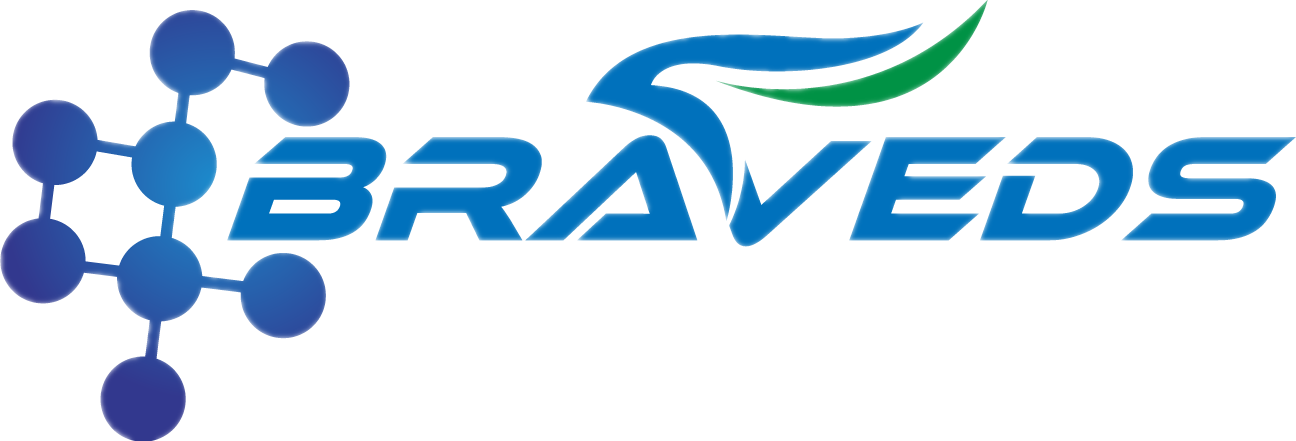S14 surfactant/Triton X-100
Triton X-100 is a brown oily liquid that dissolves in cold water and has strong foaming properties, making it an excellent emulsifier, wetting agent and dispersant.
Action mechanism
Mild decontamination and enhanced permeability
Nonionic surfactants: Increase cell membrane permeability by disrupting lipid bilayer structures, allowing antibodies or detection agents to enter the cell interior without damaging protein structures (such as antigen epitopes) and avoiding loss of immunogenicity.
Lipid solubility: can dissolve cell membrane lipids, promote the release of intracellular components (such as viral particles, nucleic acids), suitable for sample pretreatment.
Denaturation resistance
It has no denaturation effect on amino acids and protein substances, and retains the natural conformation of antigens/antibodies unlike ionic surfactants (such as SDS), which is suitable for detection systems that need to maintain biological activity (such as immunochromatography).
Application scenario
Immunochromatographic detection
Sample handling: Preparation of diluted serum and lysate (e.g. destructive cell release antigen in virus detection).
Reagent stabilization: acts as an emulsifier to prevent the stratification of components in the test system.
immunocytochemistry
Cell permeability: 1% Triton X-100 is used for rinsing tissue sections to enhance antibody penetration; 0.3% is used to dilute serum or prepare BSA sealer.
Molecular diagnosis
Nucleic acid extraction: assisted cell membrane lysis, improve the efficiency of DNA/RNA extraction.
LAMP/PCR reaction: improved reagent compatibility and reduced bubble interference.
Biochemical detection
Enzymatic reaction: Used as a mild solubilizer for enzyme-labeled plate pretreatment or substrate dilution.
Conventional concentration range
Immunochromatography: 0.1-0.5% (added directly to the reaction system).
Cell permeability: 0.3%-1% (dilute from 30% reserve liquid when used).
Sample cleavage: 1%-3% (compatibility with target protein needs to be verified).
Matters needing attention
Sealed and kept in a cool place to avoid decomposition due to high temperature or light.
Slight delamination may occur in long-term storage. Shake well before use.
pH sensitivity: It is easy to decompose under strong acidic (pH < 3) or strong alkaline (pH > 10) conditions, and it is necessary to control the pH of the system in the range of 5-8.
Oxidation risk: Avoid direct mixing with strong oxidants such as hydrogen peroxide.
Plastic containers: Long-term contact may cause swelling, it is recommended to use short-term or switch to glass/stainless steel containers.
Antibody interference: Excess may affect antibody binding, and the optimal concentration needs to be determined by pre-test.
It has strong foamability and can be reduced by adding a defoamer (such as the Triton X-100 itself partially inhibits the foam) or by low temperature operation.
Q&A
Q: Why was Triton X-100 chosen over SDS in immunochromatography?
A: Triton X-100 is a non-ionic surfactant, which does not destroy the protein structure and retains the immune activity of antigen/antibody; SDS (ionic type) will cause protein denaturation and affect the sensitivity of detection.
Q: Can Triton X-100 be used directly in ELISA color development solution?
A: It needs to be carefully evaluated as it may interfere with the oxidation process of color developing substrates such as TMB. AEROSOL OT and other special stabilizers are recommended.
Q: Will high concentrations of Triton X-100 cause elevated background?
A: Non-specific signals may result from the release of endogenous substances by over-lysed cells or damage to the basement membrane, and the concentration needs to be optimized.
Q: How to deal with turbidity in Triton X-100 at low temperature?
A: Slight turbidity is normal, and can be dissolved by stirring after returning to room temperature; If fully solidified, it may have degraded and needs to be replaced with a new batch.
Q: Can it be used with organic solvents such as toluene?
A: Triton X-100 has good miscibility with organic solvents, but it needs to be verified whether it affects the stability of the test system (such as pH change).
| SKU | UNIT | PRICE (USD) | QTY |
|---|---|---|---|
| SG10010 | 500ml | 51.1 | |
| SG10010 | 1L | 116 |




